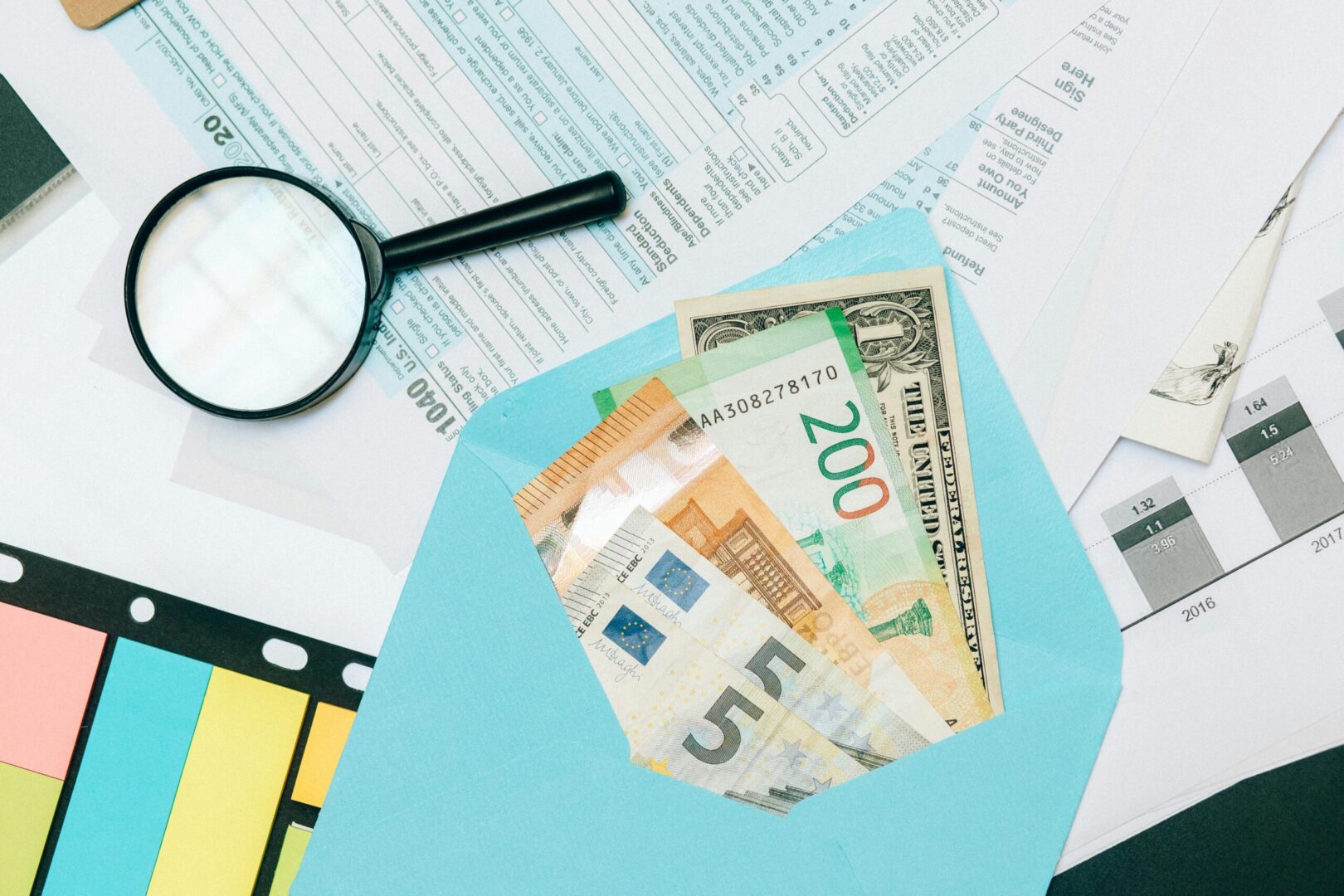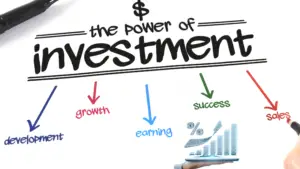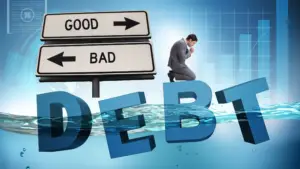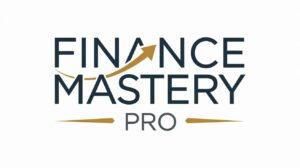Table of Contents
These days it is more important than ever to know where your money is going and a great way to do this is to know where it is going. This is because once you know where your money is going, you can reduce on some of the expenses and at the same manage to save and build for the future. In this article, we will uncover the best expense tracking tools for the year 2025, from apps, spreadsheets, and even traditional methods, so you can begin to manage your money more effectively now.
Why Tracking Your Expenses is Crucial
Not only does this help you keep track of where your money is going, but it also gives you financial clarity and control. You can:
- Get a Clear Picture of Your Finances: You need to know where your money is going to end up to avoid spending on things you don’t need.
- Stick to Your Budget: Being accountable, and expense tracking keeps you in check, and you stick to your spending limits.
- Plan Better for the Future: It lets you save up for those big ticket items like your vacation, retirement, or even home purchase without having to burden yourself with debt.
- Reduce Financial Stress: Thus, knowing your spending habits helps you to avoid financial surprises and be more comfortable with your money.
Best Tools for Tracking Expenses in 2025
Due to the development of technology, it is now very easy to track expenses. From the automated apps that link with your accounts to the customizable spreadsheets, there are great choices available. Come 2025, let’s check out the best expense tracking tools available.
1. Expense Tracking Apps
Some of the best expense tracking tools and apps provide real-time updates and can help you automate the process of tracking your spending habits and are therefore one of the most useful ways to keep track of expenses. Here are the top apps for 2025:
- Mint
Mint is a mighty app that tracks and categorizes your spending by connecting directly to your banking and credit accounts. It gives a full view of your finances, from spending to saving to investing. - YNAB (You Need A Budget)
YNAB is more than a tracker, it is a proactive budgeting tool that helps you spend money before it is spent. It’s a tool that helps users plan their spending toward long-term financial goals while still maintaining daily spending control, with a goal-oriented approach. - PocketGuard
For beginners, PocketGuard is perfect. It shows you how much disposable income you have after accounting for bills and savings goals, so you will know when you are spending more than you should. - Personal Capital
As an investment tracking tool, Personal Capital is also quite good at expense tracking. It can show you your cash flow and how your expenses are categorized while giving you insights into your net worth and investments.
Tip: Choose an app that is suitable for your financial needs. If you are more into automation and you need all your accounts in one place, then Mint or Personal Capital could be the best for you. If you need a more hands-on approach to budgeting, then YNAB is highly recommended.
2. Using Spreadsheets for Expense Tracking
If you want to keep full control over your financial data, then expenses can be tracked down using spreadsheets. With spreadsheets, you can also customize every detail of your financial tracking to suit your needs.
How to Set Up a Spreadsheet for Expense Tracking
- Create Spending Categories: You need to break down your expenses into different categories like rent, groceries, utilities, and entertainment.
- Record Income and Expenses: It is important to regularly log your income and expenses under the appropriate categories. This sheet should be updated as transactions occur.
- Track Totals: You can use simple formulas to figure out your total income, expenses, and savings to see where your money is going.
- Analyze Your Data: At the end of each month, determine where you are spending your money. Are you spending more on eating out than you should? Do you have higher than normal bills?
Popular Spreadsheet Templates for Expense Tracking
- Google Sheets: Free offers you easy to use pre built templates that you can use to track your expenses and customize them as you wish.
- Microsoft Excel: If you need more complex financial tracking, you can take advantage of Excel’s powerful formula features.
Tip: For those who like to work with their hands and need a high level of customization of the financial tracker, spreadsheets are ideal.
3. Traditional Expense Trackers
For some, the simplest way to track expenses is the traditional one: writing them down. Using a traditional expense journal or budget planner can also provide a more mindful and intentional way of financial management, according to the best expense tracking tools.
How to Use a Traditional Expense Tracker:
- Collect Receipts: It is important that you keep all your receipts and put them in your expense tracker or whatever you use, be it weekly or daily.
- Categorize Your Spending: As with apps or spreadsheets, you need to break your expenses down into housing, utilities, food, and such.
- Review and Adjust: At the end of the month, track your spending and adjust your spending if necessary for the coming month.
Tip: Traditional tracking may not be quite as easy to do as using an app or a spreadsheet, but it can also be more beneficial in the long run by really making you think more about where every dollar is going.
Tips to Cut Down on Unnecessary Spending
Once you have started tracking your expenses you may discover some areas where you can cut spending. Here are a few quick tips:
- Identify Small Recurring Expenses: Nothing feels quite as satisfying as identifying and eliminating expenses that are contributing to your monthly spending. A lot of times, things like streaming services, apps, and memberships can add up without you even realizing it. So, make sure to cancel the ones you no longer use. It’s a simple step that can make a big difference in your bottom line.
- Reduce Impulse Buys: First of all, always ask yourself whether you need something before you buy it. If you can, try not to buy things on impulse, and instead wait at least 24 hours before you decide to purchase something.
- Cook at Home More Often: Eating out frequently can break the bank. To save money and calories, try meal planning and cooking at home.
- Use Cash for Discretionary Spending: If you have trouble sticking to a budget, making it a point to withdraw a fixed amount of cash from the ATM every week for things like dining out or entertainment, will assist you in controlling your spending.
Conclusion
One of the most important steps in managing your financial future is tracking expenses. No matter if you use the best expense tracking tools – apps, spreadsheets, or traditional methods – the tools you select should be consistent with your lifestyle and financial objectives. You will get a better understanding of your financial behavior and therefore be able to make better decisions and work towards your long-term financial objectives if you monitor your spending regularly. Begin tracking now and take the first step toward financial freedom and peace.
FAQs :
1. What should I be looking for in an expense tracking tool in 2025?
A: In 2025, with the evolution of AI and automation, the best expense tracking tools should have real-time expense categorization, AI financial insights, support for multiple currencies, seamless bank connections, and automated tax reporting. Some new features include voice commands and predictive budgeting based on spending patterns to improve the efficiency of financial management.
2. How can I use these AI-expense tracking tools to help me with my budget?
A: Expenses can be entered into an AI-powered expense tracker and not only that the AI can analyze where you are spending your money, can tell you where you are wasting it, and can also give you some smart budgeting advice. They can guess what your financial future will be, remind you of the upcoming outgoings, and may even suggest some automated savings plans. Traditionally, apps can learn from user behavior and perform continuous learning of financial planning.
3. Does anyone know of any free expense tracking tools in 2025 that offer premium-level features?
A: Yes, many expense tracking tools are very good and they offer robust free plans. In 2025, apps like Mint, PocketGuard, and Spendee are good at budgeting without the cost. Some of the new entrants into the market also offer ad-supported or community-driven financial insights, you can get premium-level analytics, automatic categorization of your expenses, and integration with your investment accounts, all without having to pay for a subscription.
4. What security measures should I consider before picking an expense tracking tool?
A: As expense trackers are interfaces to sensitive financial data, security features like end-to-end encryption, multi-factor authentication (MFA), biometric login, and fraud detection alerts are crucial. Furthermore, it’s important that the app is compliant with global data protection standards such as GDPR or CCPA and doesn’t share user data with third parties. You can check whether the app is safe by reading its privacy policy and checking out user reviews.









